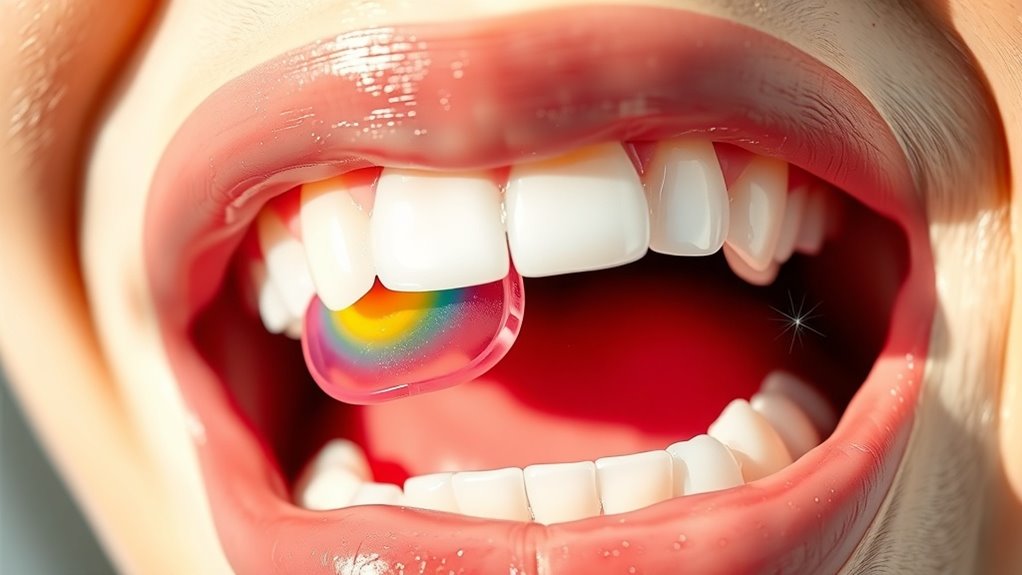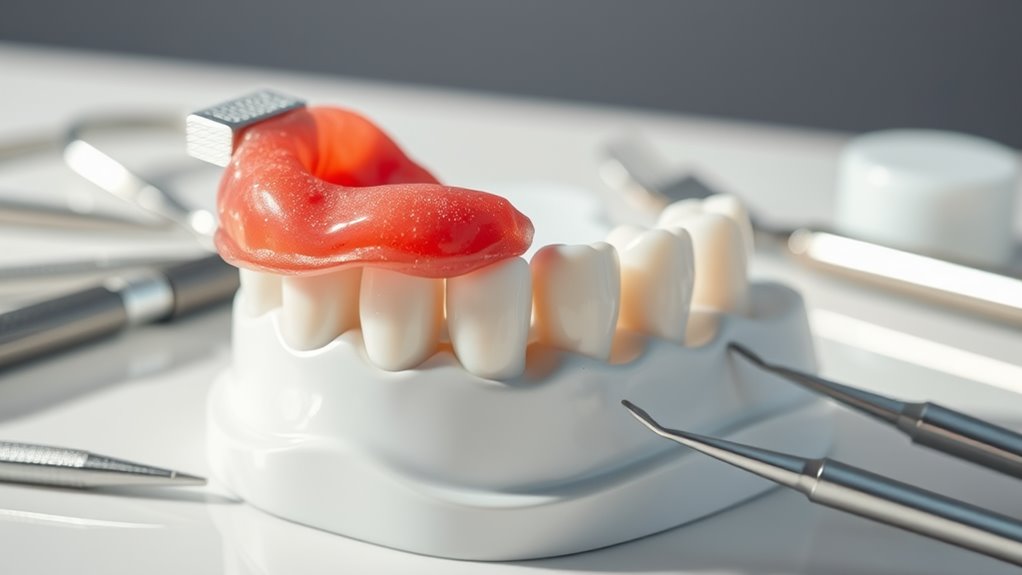Is Chewing Gum Really Bad for Your Teeth.
Chewing gum has a long history, embraced by cultures for centuries, yet its impact on dental health sparks ongoing debate. While sugar-free gum may promote saliva production and protect enamel, sugary options can lead to cavities. Moreover, excessive chewing can strain your jaw. So, is it beneficial or harmful? Understanding the nuances of gum consumption is essential to navigate its effects on your dental health effectively.
The History of Chewing Gum
Chewing gum has a surprisingly rich history that dates back thousands of years.
Ancient civilizations, like the Mayans and Greeks, chewed natural resins and tree saps. These chewing gum facts reveal that early forms were used for oral hygiene and flavor, evolving over centuries into the modern, mass-produced varieties we know today.
This evolution reflects cultural significance and innovative adaptations in chewing gum’s uses.
How Chewing Gum Affects Dental Health
The evolution of chewing gum from ancient practices to modern convenience raises important questions about its impact on dental health. While chewing stimulates saliva production, which aids in neutralizing acids, the sugars in some gums can contribute to tooth decay. Additionally, frequent chewing may lead to jaw issues or dental wear. Understanding these effects can help you make informed choices about your gum consumption. Moreover, opting for sugar-free options can enhance dental health by preventing cavities.
Benefits of Sugar-Free Gum
Many people may not realize the numerous benefits of sugar-free gum for oral health. It helps stimulate saliva production, neutralizes acids, and remineralizes teeth. Here’s a quick overview:
| Benefit | Description |
|---|---|
| Saliva Production | Helps wash away food particles |
| Acid Neutralization | Lowers risk of enamel erosion |
| Remineralization | Strengthens tooth enamel |
Incorporating sugar-free gum into your routine can improve your oral health significantly. Additionally, the chewing action can help stimulate saliva production, further enhancing its benefits for dental hygiene.
Potential Risks Associated With Chewing Gum
While sugar-free gum provides benefits for oral health, it’s essential to consider potential risks associated with chewing gum in general.
These might include:
- Jaw strain from excessive chewing
- Gastrointestinal issues, like bloating
- Increased cavities from sugary varieties
- Possible allergic reactions to gum ingredients
- Discomfort for those with dental work
Awareness of these risks can help you make informed choices about gum consumption.
Guidelines for Chewing Gum Consumption
When considering how often you should chew gum, it’s crucial to adhere to certain guidelines to maximize its benefits while minimizing potential downsides.
Choose sugar-free options to protect your enamel, and limit your chewing to about 15-20 minutes after meals to enhance saliva production.
Stay mindful of any jaw discomfort and avoid excessive consumption to prevent digestive issues.
Balance is key for optimal oral health.
Myths and Facts About Chewing Gum
What misconceptions surround chewing gum and its effects on oral health? Many people believe myths that can misguide their choices.
Here are some important facts to consider:
-
Chewing gum doesn’t rot your teeth.
-
Sugar-free options can help reduce cavities.
-
It stimulates saliva production, aiding in cleaning.
-
Not all gum is equal; check the ingredients.
-
Overindulgence can lead to jaw issues.
Stay informed!




